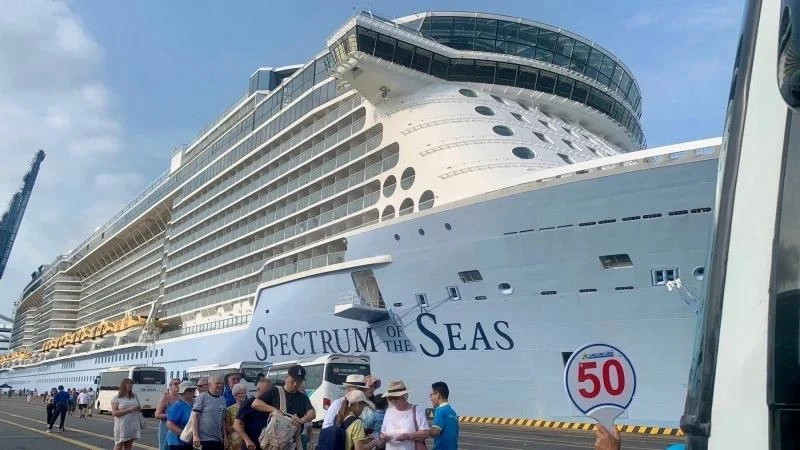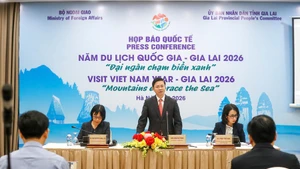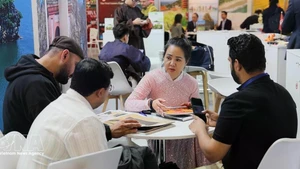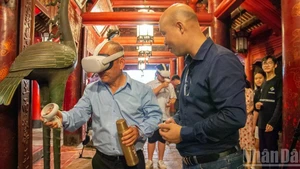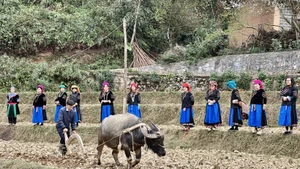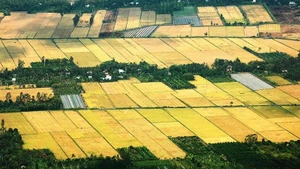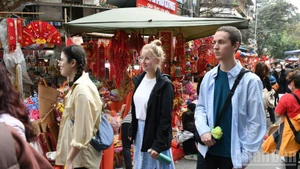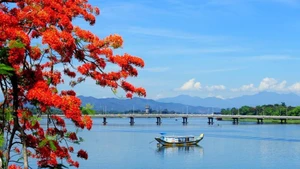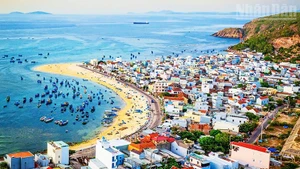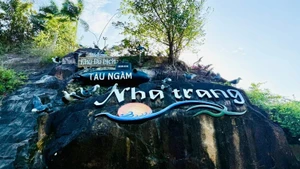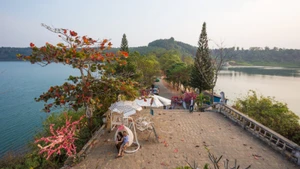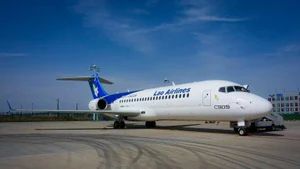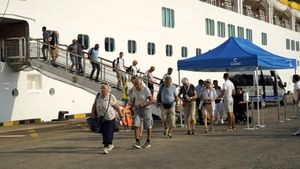Following the visit of a 4,500-member delegation led by an Indian pharmaceutical billionaire at the end of August and early September 2024, Vietnam continued to be a stopover for 50 billionaires in October 2024. Most recently, American millionaires Jeff Grinspoon and Jon Thomas Foley embarked on a 17-day journey through Vietnam, marking an impressive start to a series of luxury travel tours planned for 2025.
It is expected that by mid-2025, 200 of the world’s billionaires will visit Ha Long for the event “Art for Climate – Ha Long Bay 2025”. These developments underscore Vietnam’s potential as a highly promising destination for high-end travelers—a group willing to spend generously for premium, immersive experiences.
To attract this market segment, Vietnam has seen substantial investments in high-end 4- and 5-star accommodations in recent years. Additionally, premium tourism experiences such as golf tourism, cruise travel, helicopter tours, and hot air balloon rides have been developed.
However, despite significant advancements in infrastructure and services, Vietnam's tourism sector appears to be stagnating in terms of human resource quality—an essential factor in ensuring exceptional visitor experiences.
According to preliminary statistics from the Vietnam National Authority of Tourism, the country’s tourism industry currently employs approximately 2.5 million workers, with only 800,000 in direct tourism-related roles. Of these, only about 45% have formal training in tourism, the remaining workforce consists of individuals transitioning from other industries (35%) or those without formal training (20%).
Notably, among the 42% of workers who have received tourism-related education, only 10% hold university or postgraduate degrees. Another 50% have completed vocational or college-level training, while 40% have only attended short-term courses.
In the context of global integration, proficiency in foreign languages and digital skills is essential for tourism professionals. However, only about 60% of the workforce can speak and use a foreign language—primarily English, with other languages accounting for a tiny proportion. Additionally, only 70% of workers have basic IT skills.
These figures highlight the significant gap between the skill level of tourism workers and the rapid growth of Vietnam’s tourism industry.
To address this issue, the tourism industry must undergo a fundamental shift in training approaches, transitioning from offering what is available to providing what the market demands. This shift is necessary to enhance the practical skills of tourism professionals and meet the high expectations of luxury travelers.
Achieving this goal requires close collaboration between the government, educational institutions, and businesses. Such cooperation would ensure that students gain theoretical knowledge from experienced instructors and receive hands-on training in professional environments to accelerate their career development.
Additionally, standardising tourism education programmes to align with international professional standards is key. Alongside technical knowledge, equipping tourism workers with essential soft skills—such as effective communication and problem-solving abilities—is crucial in ensuring visitor satisfaction.
Many experts suggest that Vietnam partner with international organisations to offer training and certification programmes in luxury tourism, such as elite butler certification, premium hospitality service certification, and high-end travel experience management certification.
To attract and retain high-quality tourism professionals, businesses must foster a professional work environment with fair competition, equitable compensation, and clear career progression paths. Providing competitive salaries and opportunities for advancement will encourage long-term commitment among tourism workers.
By successfully addressing the challenge of enhancing human resource quality, Vietnam has the potential to make a significant breakthrough and become a premier destination for high-spending travelers worldwide.
